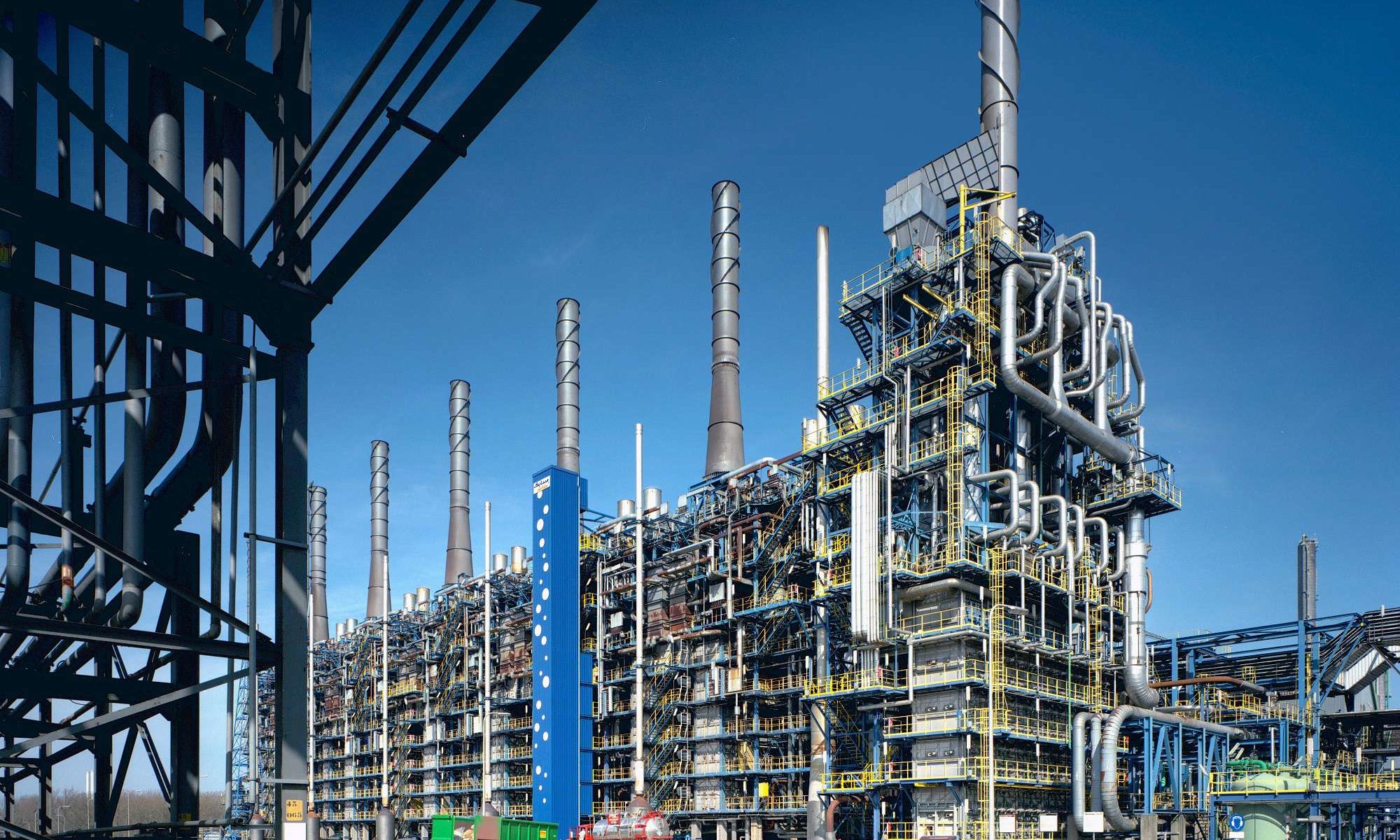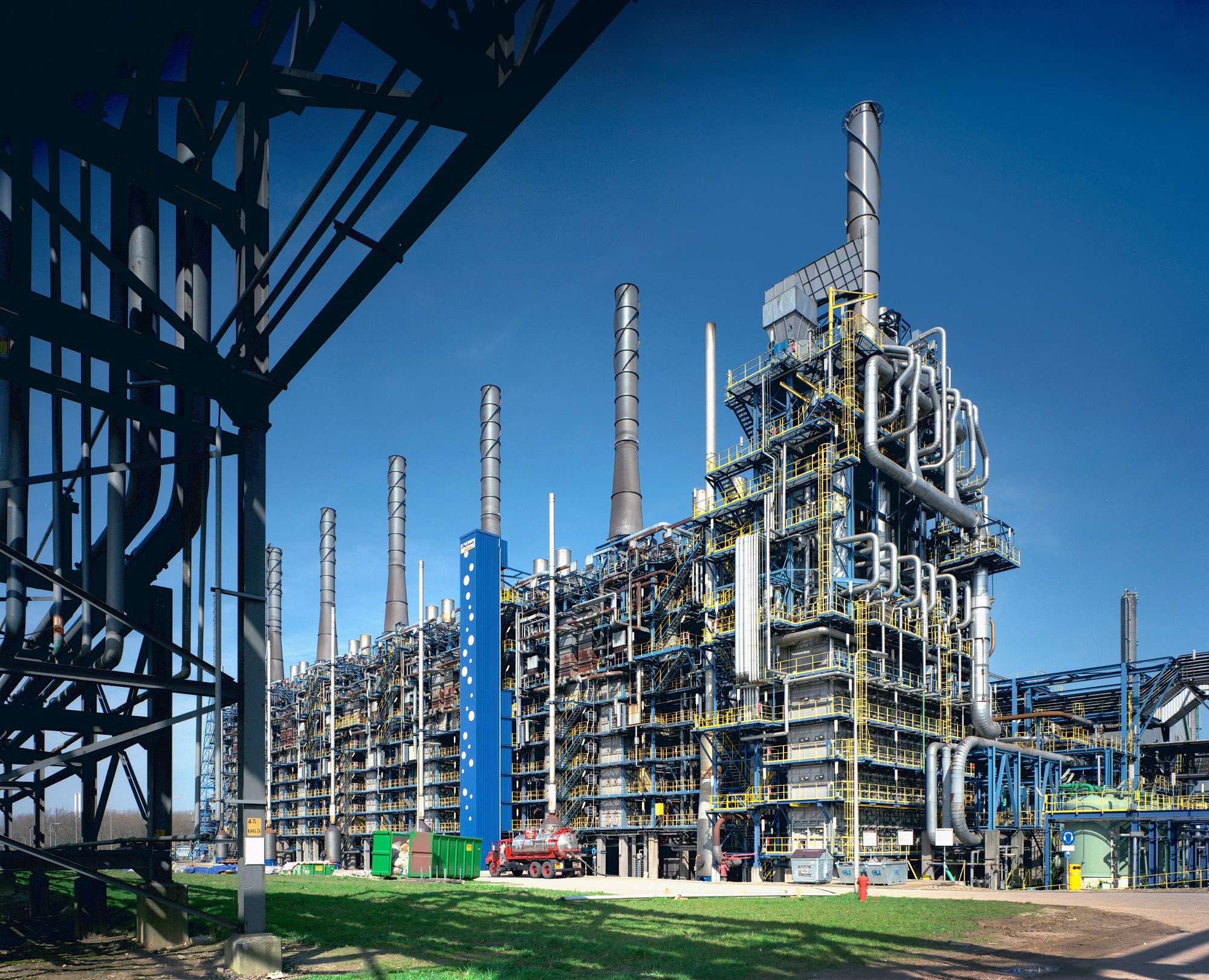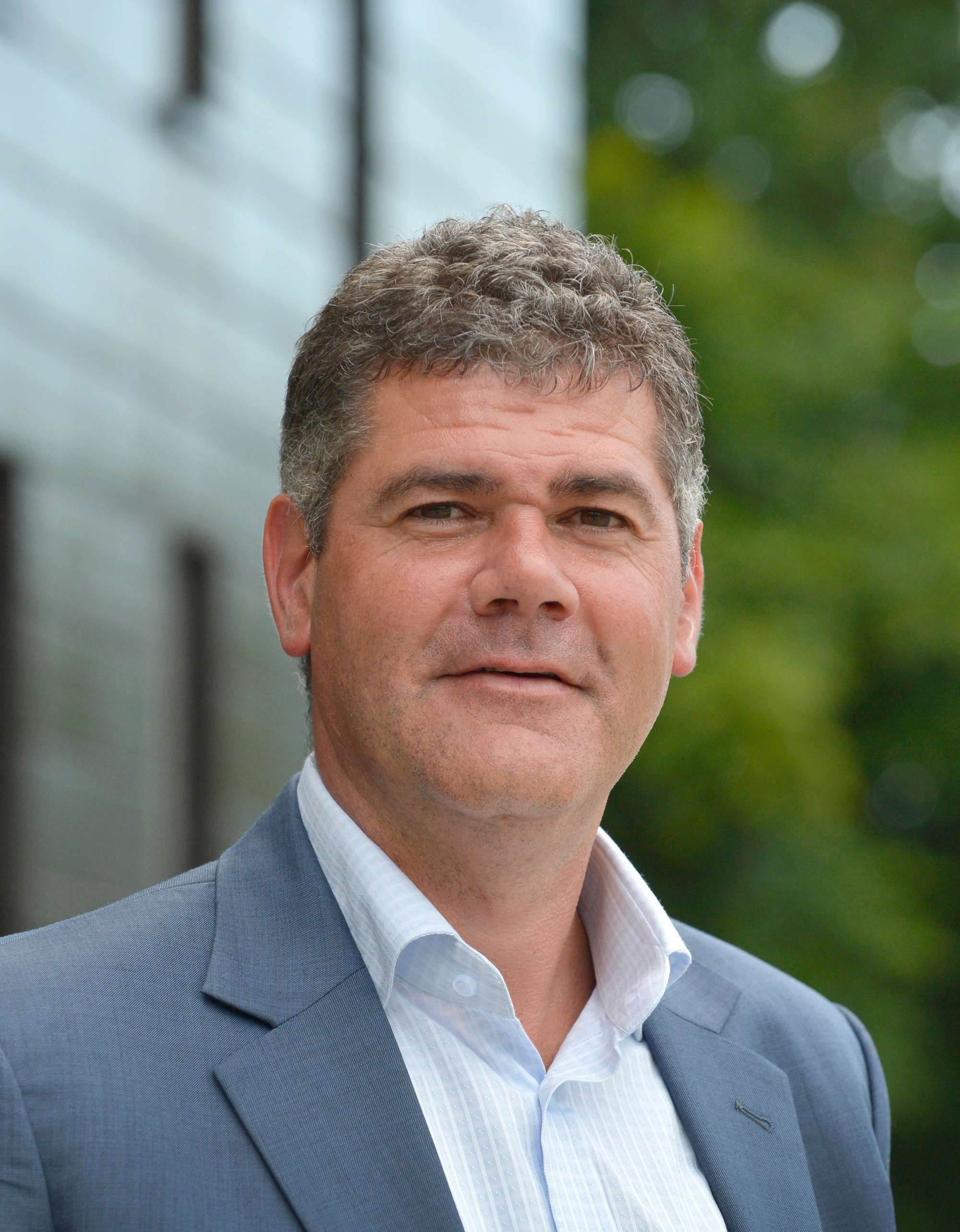SABIC’s naphtha cracker processes some three million tonnes of fossil naphtha into plastics for industry each year. The packaging industry in particular is feeling the pressure to reduce fossil plastics. Preferably no plastic at all, otherwise bioplastics or recycled plastic. Frank Kuijpers, General Manager for Sustainable Entrepreneurship at SABIC says that brand owners like Unilever and Tupperware are showing significant interest in the initiatives SABIC is taking to gradually transform the linear lifecycle into a closed circle.
“We are not going to replace our processes,” Kuijpers notes. “We want to upgrade alternative basic raw materials with minor adjustments so as to make the same products. With the same quality and purity.” This began six years ago with the supply of several kilotonnes of TAL oil to the cracker. This oil comes from the bark of trees, a residual product from the wood industry. “An excellent nutrient for our cracker.”
Low-grade plastic
Recent developments include producing and processing synthetic oil from waste plastic. This synthetic oil is produced by melting low-grade waste plastic in an acid-free environment. The resulting pyrolysis oil is processed into the original, pure polymers in the cracker. SABIC announced in December that it would build a plant in Geleen for the pyrolysis oil produced from plastic by waste processor Renewi, to make it suitable as a raw material for the naphtha cracker. Construction is expected to start in a year. The plant will be completed in 2021 and will produce around 15-20 kilotonnes annually. SABIC produced the first certified circular polymers, PE and PP, in February. This is a milestone, because it means the polymers can even be used in the medical and food industries.
Catalyst
The share of alternative raw materials is now less than 1%, but it will grow further. Technically the biomass can fully replace naphtha, Kuijpers believes. “We have to work together: how do we make your by-product suitable for my raw material? We want to play a pioneering role in this, but our efforts are driven economically.” The province of Limburg has played a catalysing role here for 10-15 years. It is transforming the region into a centre of sustainable materials with innovation stimulation, infrastructure and by bringing together companies with divergent interests. “Perhaps they can also use their influence to remove obstructive European and national legislation and market-distorting subsidies on biofuels. They ultimately determine the ideal mix of fossil, bio-renewables and waste plastic, and at what rate it will be realised.”
This article was written in cooperation with SABIC.
Image: SABIC.





